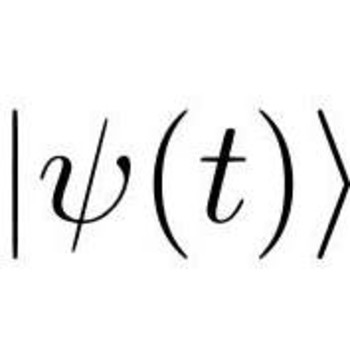A ball with a mass of #12 kg# moving at #7 m/s# hits a still ball with a mass of #15 kg#. If the first ball stops moving, how fast is the second ball moving?
1 Answer
Apr 21, 2018
The second ball is moving at
Explanation:
We use the law of conservation of momentum, which states that,
#m_1,m_2# are the masses of the two balls
#u_1,u_2# are the initial velocities of the two balls
#v_1,v_2# are the final velocities of the two balls
And so, we have,

